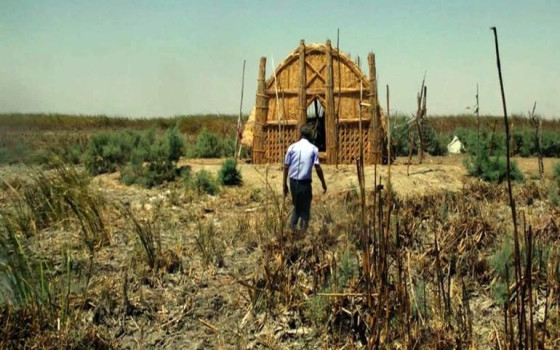
United Nations: The Arab region is one of the world's regions facing desertification, drought, and land degradation and is primarily suffering from water scarcity.

- Europe and Arabs
- Saturday , 20 September 2025 8:3 AM GMT
New York: Europe and the Arabs
Dr. Yasmine Fouad, Executive Secretary of the United Nations Convention to Combat Desertification (UNCCD), said that developing countries are the most affected by desertification, drought, and land degradation, which, when they occur, exacerbate poverty and gender inequality in those countries. This came in her first interview since assuming her position, as included in the UN's daily news bulletin. She added that one of the regions of the world facing desertification, drought, and land degradation is the Arab region, which suffers primarily from water scarcity.
Here comes the role of the convention, which provides a direct opportunity for the effective management of water resources, through technologies such as drip irrigation, seawater desalination, and wastewater reuse, according to the Executive Secretary of the convention. She added, "Expanding these solutions directly links land and water."
There are also "nature-based" projects supported by the convention, such as the cultivation of heat-tolerant and drought-resistant crops, in addition to sand dune stabilization projects. Dr. Fouad said, "All of this ensures food security in Arab countries."
She also highlighted opportunities for regional cooperation through joint projects involving more than one country, in areas such as drought early warning.
She also spoke about the high-level political commitment of the countries of the region to the three conventions, including the Convention to Combat Desertification.
Saudi Arabia hosted the sixteenth session of the Conference of the Parties to the United Nations Convention to Combat Desertification (COP16) in 2024.
The next Conference of the Parties and a message to the General Assembly
The next Conference of the Parties (COP17) will be held in Ulaanbaatar, the capital of Mongolia, in August 2026.
The Executive Secretary of the Convention stated that the focus of that conference will be on topics related to economic and social aspects, including "the pledge to restore one billion hectares of degraded land by 2030."
The conference will also focus on the effective implementation of the Global Drought Partnership launched at the Riyadh Conference (COP16), and on making funding available to developing countries to implement projects to address the phenomenon of drought.
Mobilizing financial resources and partnerships will also be present at the upcoming conference, with attention given to the role of the private sector in this area.
She added that they will also focus on halting the degradation of rangelands and restoring them, especially as they contribute to food security.
However, before the conference, attention turns to the high-level week of the 80th session of the UN General Assembly, which will include a climate summit.
The Executive Secretary of the Convention said that her message to the General Assembly is that "the UN Convention to Combat Desertification begins with the land, and we are all involved in preserving this land," and that the Convention can be "the source through which we can restore trust between the parties and the UN system."
Dr. Yasmine Fouad, the former Minister of Environment of Egypt, was appointed to her new position in May. In an exclusive interview with UN News, she said, "The lives of people in developing countries, especially in Africa, depend directly on land, particularly agriculture and irrigation, and natural resources. Therefore, when desertification or drought occurs, the source of income for these communities is directly affected, and poverty rates then worsen."
She also warned of the potential consequences for women, who own less than one-fifth of the world's land, if droughts occur, as "their share of land decreases and the gender gap widens."
She also noted that developed countries are not isolated from the issues of land degradation and drought, especially since a significant portion of the world's food comes from the natural resources and land in these and other countries.
From this perspective, the Executive Secretary of the United Nations Convention to Combat Desertification considers this convention "of great importance," particularly as it provides an opportunity to connect many issues that go beyond the technical, technological, and scientific aspects of land degradation, desertification, and drought.
One of these fundamental aspects is "the link between the issues of land degradation, desertification, and drought and global crises, including the crisis of supply chains and food systems, conflicts, forced migration, and instability in some local communities." This is one of two axes that Dr. Fouad has focused on for the work of the convention in the next phase, since assuming this position in August 2025.
The other axis is the interconnection between the United Nations Convention to Combat Desertification, the United Nations Framework Convention on Climate Change, and the Convention on Biological Diversity, especially since "the issue of land is closely linked to climate change," and "desertification is linked to the loss of biodiversity and the conservation of certain species, the existence of which is essential for healthy and safe ecosystems," the UN official said.
The agreements, known as the three "Rio Conventions," are the outcomes of the historic 1992 Earth Summit held in Rio de Janeiro, Brazil.
The UN official emphasized that the focus in the next phase will be on "resilience to rapidly accelerating severe droughts, building sustainable food systems, and gender equality."
She pointed to the Convention's "Global Financing Mechanism" to assist countries through various projects, particularly for developing countries.
She said that these projects are the link that multilateral action currently needs, by "linking political discourse, what is agreed upon at the Conferences of the Parties between developing and developed countries, and what is being implemented on the ground."
She noted that the strategies and plans adopted by these conferences must be followed by implementation through the participation of local communities, "which builds trust between these communities and politicians worldwide." She emphasized that these communities—especially youth and women—play a fundamental role in identifying problems and finding solutions.


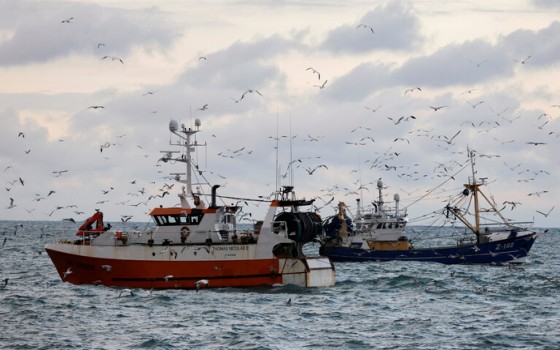

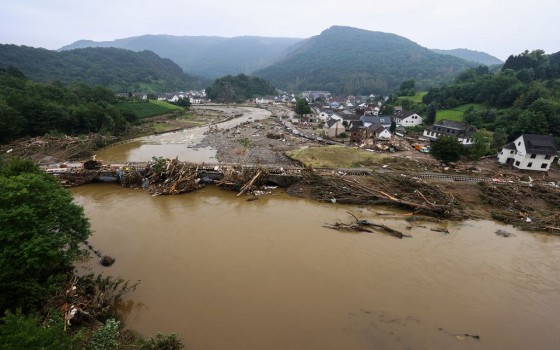
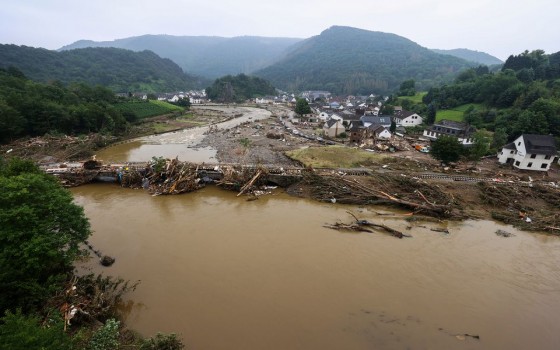


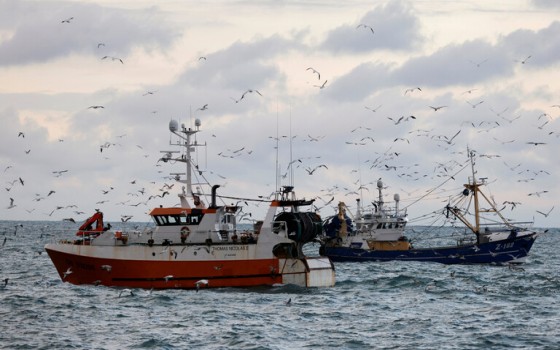



No Comments Found